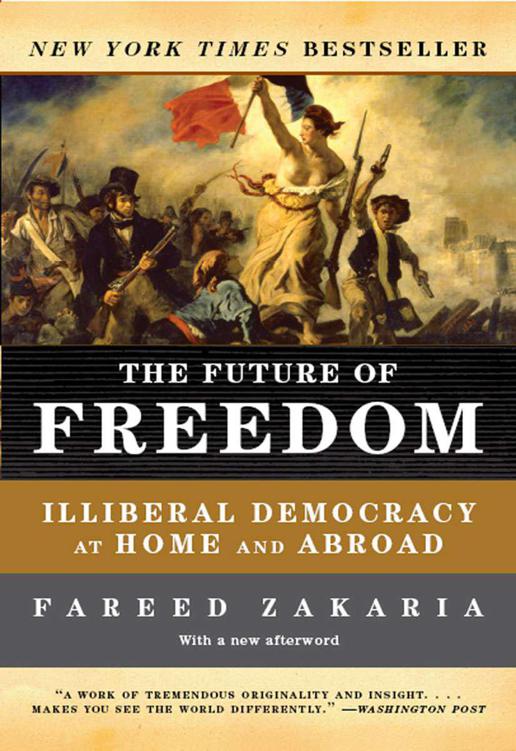
The Future of Freedom: Illiberal Democracy at Home and Abroad PDF
Preview The Future of Freedom: Illiberal Democracy at Home and Abroad
**“A work of tremendous originality and insight. ... Makes you see the world differently.”—*Washington Post***
A modern classic that uses historical analysis to shed light on the present, *The Future of Freedom* is, as the *Chicago Tribune* put it, "essential reading for anyone worried about the promotion and preservation of liberty." Hailed by the *New York Times* as "brave and ambitious...updated Tocqueville," it enjoyed extended stays on the *New York Times, Wall Street Journal*, and *Washington Post* bestseller lists and has been translated into eighteen languages. Prescient in laying out the distinction between democracy and liberty, the book now contains a new afterword on the United States's occupation of Iraq.
"Intensely provocative and valuable," according to *BusinessWeek*, with an easy command of history, philosophy, and current affairs, *The Future of Freedom* calls for a restoration of the balance between liberty and democracy and shows how politics and government can be made effective and relevant for our time. This new edition includes a new afterword on America in Iraq.
### From Publishers Weekly
Democracy is not inherently good, Zakaria (From Wealth to Power) tells us in his thought-provoking and timely second book. It works in some situations and not others, and needs strong limits to function properly. The editor of Newsweek International and former managing editor of Foreign Affairs takes us on a tour of democracy's deficiencies, beginning with the reminder that in 1933 Germans elected the Nazis. While most Western governments are both democratic and liberal-i.e., characterized by the rule of law, a separation of powers, and the protection of basic rights-the two don't necessarily go hand in hand. Zakaria praises countries like Singapore, Chile and Mexico for liberalizing their economies first and then their political systems, and compares them to other Third World countries "that proclaimed themselves democracies immediately after their independence, while they were poor and unstable, [but] became dictatorships within a decade." But Zakaria contends that something has also gone wrong with democracy in America, which has descended into "a simple-minded populism that values popularity and openness." The solution, Zakaria says, is more appointed bodies, like the World Trade Organization and the U.S. Supreme Court, which are effective precisely because they are insulated from political pressures. Zakaria provides a much-needed intellectual framework for many current foreign policy dilemmas, arguing that the United States should support a liberalizing dictator like Pakistan's Pervez Musharraf, be wary of an elected "thug" like Venezuela's Hugo Chavez and take care to remake Afghanistan and Iraq into societies that are not merely democratic but free.
Copyright 2003 Reed Business Information, Inc.
### From Library Journal
Newsweek International's editor exposes the down side of democracy, i.e., the assumption that what's popular is right.
Copyright 2002 Reed Business Information, Inc.
